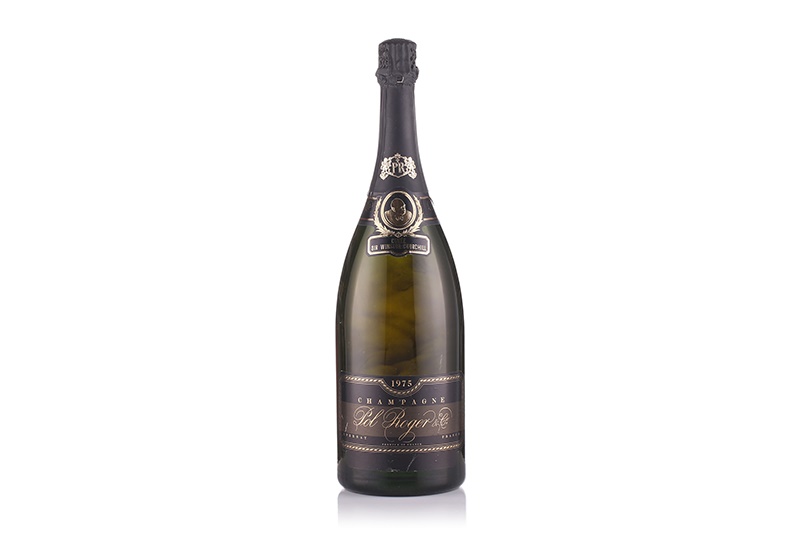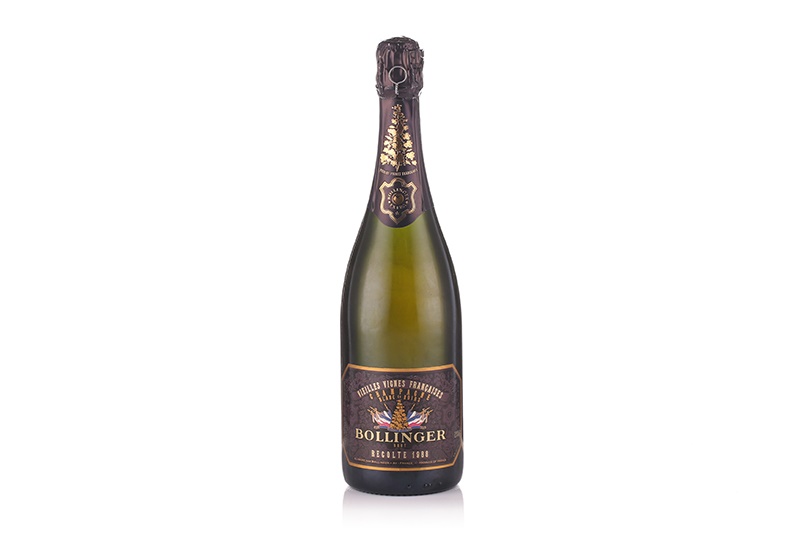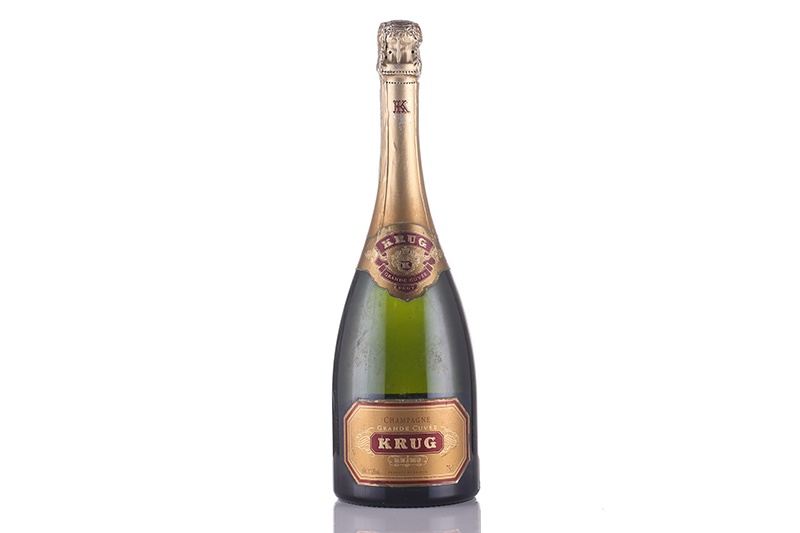How Do You Value a bottle of Champagne?
A variety of important factors will determine the true worth
05/02/2024
While the finest conventional wines traditionally increase in value with age and maturity, Champagne follows a slightly different set of rules. Champagne refers to a white sparkling wine made in the old province of Champagne in France. These bottles of bubbly are not designed to be left to mature for decades; indeed, this is not a drink that necessarily improves with drawn-out ageing periods.
 A magnum of Pol Roger Champagne Cuvee Sir Winston Churchill, 1975
A magnum of Pol Roger Champagne Cuvee Sir Winston Churchill, 1975
Firstly, the producer will determine the reputation, appreciation and prestige associated with the brand. Established high-quality in demand Champagnes will command a higher premium. Popular names include Moet & Chandon, Bollinger, Tattinger, Laurent Perrier, Mercier, Veuve Clicquot, Mumm, Ruinart, and Dom Perignon.
 Vielles Vignes Francaises Bollinger Champagne
Vielles Vignes Francaises Bollinger Champagne
Secondly, the label and status will play a significant role in the value. The label will provide details of the length of the ageing process as well as details of when it was bottled. Ascertain whether it is a Grande Marque, private label, or a Grower Champagne; identify if it is vintage or non-vintage. Most Champagne that is sold is non-vintage, which is produced to be consumed sooner rather than later. Although some of these can still increase in value with age, vintage Champagne is almost always likely to hold more value. The older the vintage (dependant on the producer), the higher the potential value, although some years will be more coveted than others. Limited editions where a variety has been produced in smaller quantities will regularly appreciate in value due to their increased scarcity.
A bottle of Krug Champagne 1979
The skill and care that goes into making Champagne should not be overlooked, a time-honoured méthode champenoise of various fermentations, it is a lengthy and meticulous process that can take several years to produce a truly vintage bottle. High quality examples will have an exceptional taste profile and are highly sought after by enthusiasts, ultimately adding to their value.
Lastly, proper storage conditions are crucial for maintaining the quality and value of Champagne. Factors such as temperature control and protection from light can significantly impact the taste and longevity of the wine. Proof of the correct storage can increase the value for any potential buyers.
By taking the quality, rarity, producer, reputation, age, and storage conditions into consideration, you will be able to determine an approximate value. It is worth noting that the value of a bottle of Champagne will also depend on the method and urgency of sale. For those wanting to sell in a hurry, there is likely to be a loss in value. Just like the ageing process of Champagne can be lengthy, finding the right buyers can also be a laborious task.
Do you own Fine Wine or Champagne that you are considering selling?
With a global audience of over 10 million, Dawsons can achieve the best price for you.
Please get in touch with our Specialists for sales advice today, we would be delighted to help:
